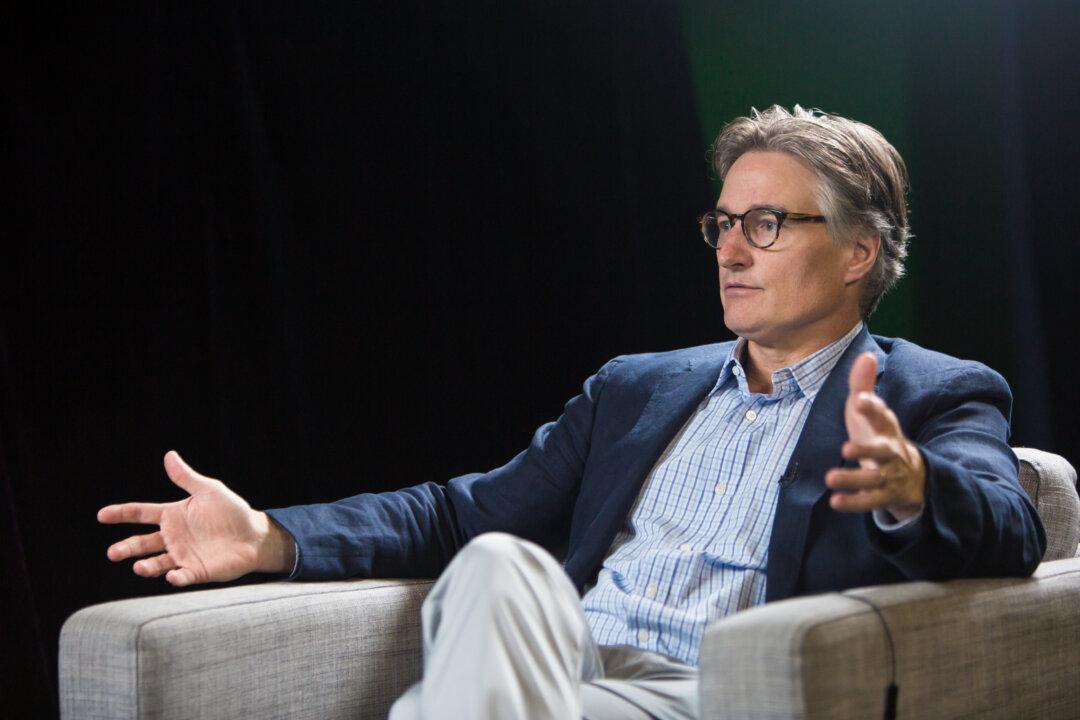For years, the 2013 bankruptcy of tech millionaire Halsey Minor left people wondering how he could have blown a fortune worth several hundreds of millions of dollars.
“In 2001, Minor’s net worth was $180 million. He sold CNET to CBS for $1.8 billion in 2008. By 2013, however, he was filing for bankruptcy, most likely due to his expensive taste in real estate, art, and horses,” Business Insider speculated earlier this year.
“For Halsey Minor, it may have been a fascination with houses, hotels, horses and art,” Bloomberg Business wrote in 2013.
It’s true, Halsey Minor, the founder of CNET.com and an early investor in Salesforce.com bought lavish estates in Virginia and San Francisco, a couple of race horses, as well as fine art. And yet, that’s not what caused his bankruptcy.
“The reality is, I turned my life over to lawyers—I had no involvement in my life,” he told Epoch Times in an exclusive interview, speaking openly about his bankruptcy and depression. “The horses I owned actually ended up being sold at a profit.”





